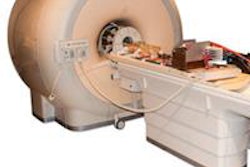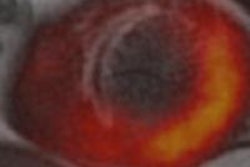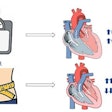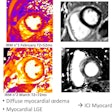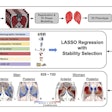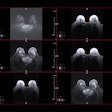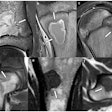Dear MRI Insider,
Cerebral fat embolism is a serious complication after fracture of long bones and can be very tricky to diagnose. MRI is now making giant strides in this area, according to a study reported by an Egyptian-led team of researchers at last week's International Congress of Radiology. Click here to find out more, and at the bottom of the article, you will find a beginner's guide to susceptibility-weighted imaging.
Italian researchers, meanwhile, have used diffusion-tensor MRI to detect brain changes related to improved balance and movement in multiple sclerosis patients who regularly trained on a Nintendo Wii balance board for 12 weeks. To learn more, click here.
MRI has also developed a central role in abdominal imaging, and the Germans are determined to find out more about exactly how the modality is being used in this field. All is revealed by Dr. Andreas G. Schreyer, from Regensburg University Hospital, who is the new chairman of the Working Group for Gastrointestinal/Abdominal Diagnostics of the German Radiological Society. Get the story here.
Another leading German radiologist who is making the news is breast MRI pioneer Dr. Christiane Kuhl. She has demonstrated that an abbreviated scanning protocol of just three minutes could make breast MRI a reality for population-based screening. Click here for the details.
Recent advances in preclinical MRI scanning technologies have escalated the quality and extent of preclinical research that can now be undertaken by university and industry researchers, as well as lowering the cost of new equipment. Click here to read more.
This letter only features a few of the many articles posted in the MRI Digital Community. Please do check out the rest of our coverage below this message.






